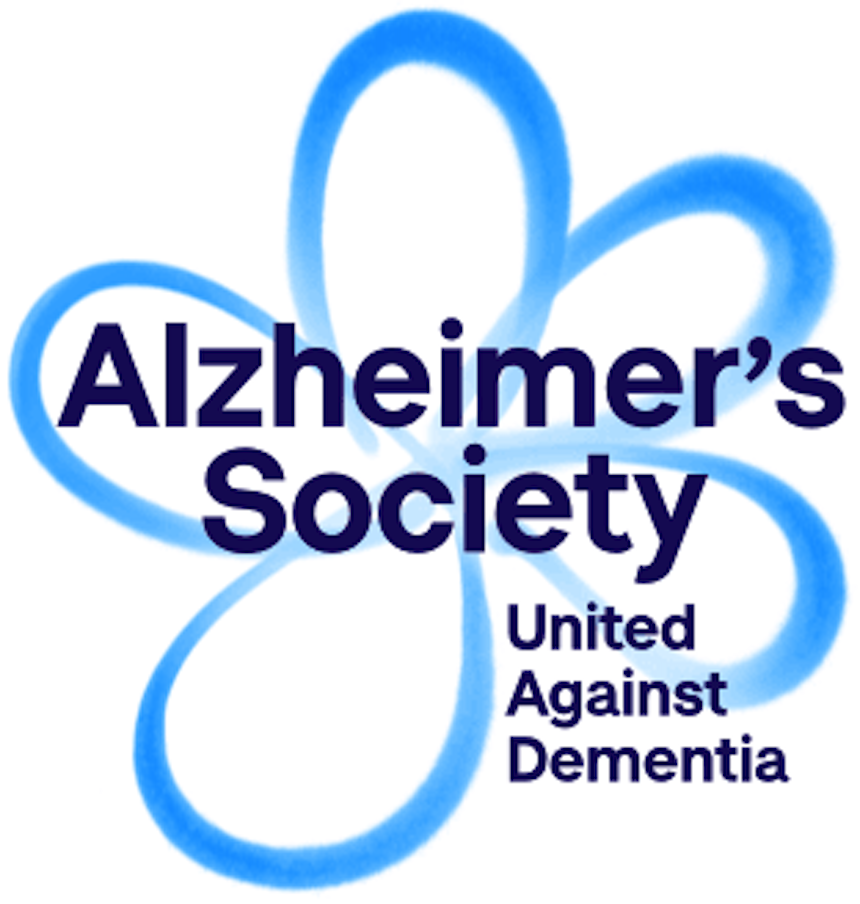Aggression / anger physical
Some people can feel aggressive at times because of dementia. This can be quite shocking, and you might find it difficult to deal with. Try to remember that aggressive behaviour is caused by the disease. The person may become aggressive because of frustration because they are not able to do things they used to do. Sometimes they just misunderstand the situation and maybe over-react.To remain in control of the situation, it is important to try to stay calm. This will probably not be easy all the time, espescially if the person with dementia is for example trying to hit you. Try to give the person plenty of space and time.Try to find out what is causing the behaviour. Was there anything specific that could have triggered the behaviour? What about pain? Sometimes aggression can be due to overstimulation caused by loud noises, an overactive environment or physical clutter. Did you say something that was possible to misunderstand?
Rephrase what you said
and make your instructions simple and easy to understand. Maybe you are asking too many questions or making too many statements at once.
Reassure the person and acknowledge their feelings.
There are many ways to do this, such as soothing words, gentle touch and explanation of what is happening. Listen to what they are saying. This shows that you are not against them and that you want to help.
Distract their attention
if they remain angry. For example, you could suggest having a drink together, going somewhere or doing something that the person likes.
Stay calm
and avoid any potential for confrontation. If you react with a heated response you might just make the situation worse. Maintain eye contact and try to explain calmly why you are there. Encourage communication.
Don’t show fear, alarm or anxiety.
If you look like you are afraid, the person might get even more agitated.
Don’t shout back or initiate physical contact.
An agitated response from you might be misinterpreted as threatening behaviour. Give the person time and space to cool down and don’t restrain the person unless it’s absolutely neccessary.
Don’t take the behaviour personally.
Even if it’s difficult, try to remember that it’s the disease and not the persons feelings towards you.
Leave and try again later.
If possible, take a time out and try again later.
- Try to identify immediate cause
- Rephrase what you said
- Acknowledge their feelings
- Try to distract the person
- Remain calm and reassuring
- Try not to show any fear, alarm or anxiety
- Try not to shout back or initiate physical contact
- Try not to take the bahaviour personally
- Leave and try again later
https://www.alz.co.uk/



https://www.dementiaguide.com/
Comments
Sign in or become a DemiCare member to join the conversation.







